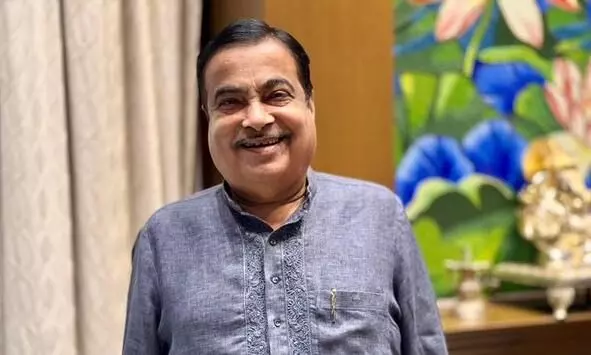Union Minister for Road Transport and Highways, Nitin Gadkari, has unveiled an ambitious plan to steer India towards a greener economy. In an interview with news agency PTI, Gadkari articulated his determination to significantly reduce the Goods and Services Tax (GST) on hybrid vehicles and to phase out the country’s 36 crore petrol and diesel vehicles entirely.
When asked about the feasibility of such a monumental shift, Gadkari asserted, “One hundred per cent.” He emphasized that while challenging, this vision is not impossible, outlining his long-term goal without specifying a precise timeline.
Gadkari highlighted the staggering Rs 16 lakh crore expenditure on fuel imports, envisioning redirecting these funds towards uplifting farmers, fostering rural prosperity, and generating employment opportunities.
The proposal to lower GST on hybrid vehicles to five per cent and on flex engines to 12 per cent has been submitted to the Finance Ministry for deliberation, Gadkari revealed. He reiterated his belief that by promoting biofuels, India can significantly reduce or even eliminate its dependence on fuel imports.
Gadkari has been advocating for alternative fuels since 2004 and remains confident in the transformative potential of this approach. He cited the growing presence of electric vehicles as evidence of an impending shift towards alternative and biofuels.
Major automobile companies such as Bajaj, TVS, and Hero are reportedly exploring the production of motorcycles with flex engines, with plans for similar technology in auto rickshaws underway. Gadkari himself drives a hydrogen-powered car, underscoring the evolving landscape of transportation technology.
Additionally, companies like Tata and Ashok Leyland have introduced trucks running on hydrogen or LNG/CNG, while numerous bio-CNG factories have sprung up across the nation.
Environmental activists have lauded Gadkari’s green mobility initiative while cautioning against continued reliance on fossil fuels for electricity production. They stress the imperative of transitioning to 100 per cent renewable energy to effectively address the climate crisis.
In summary, Gadkari’s proposal signifies a significant step towards a more sustainable and self-reliant future for India, with the potential to reshape the country’s automotive and energy sectors.
Source: PTI



